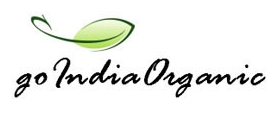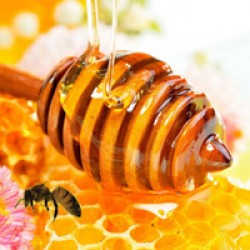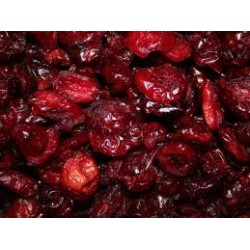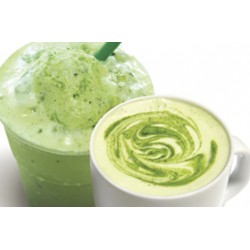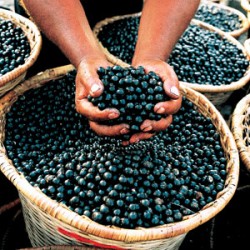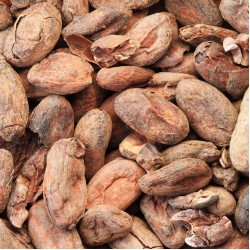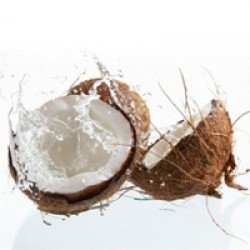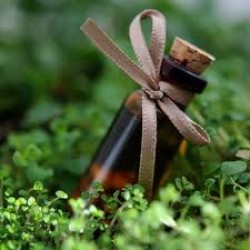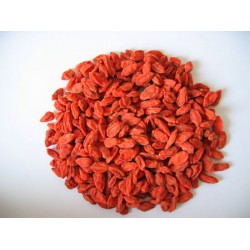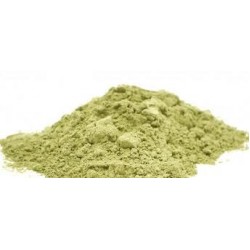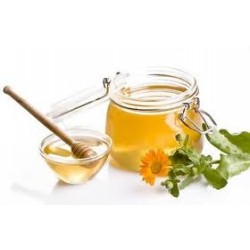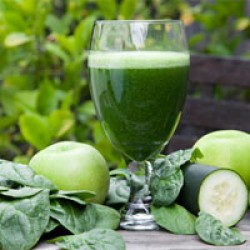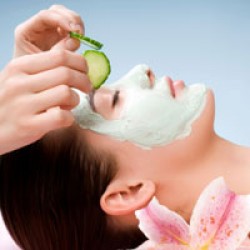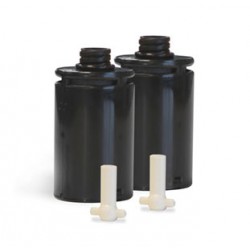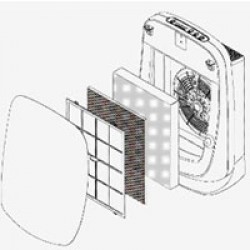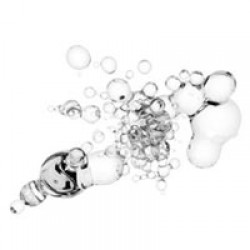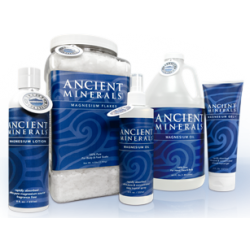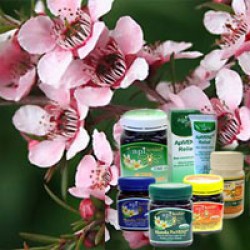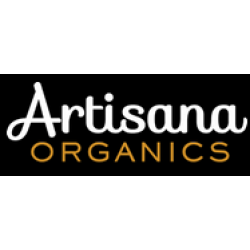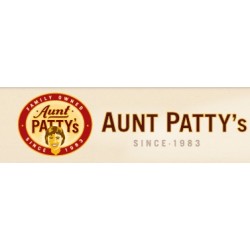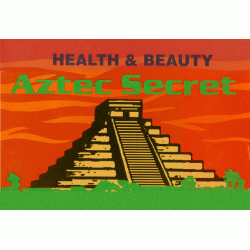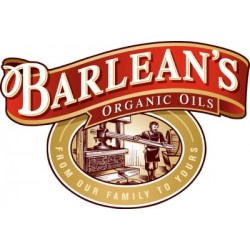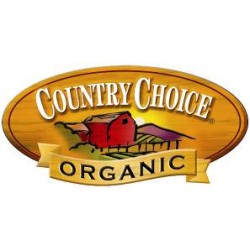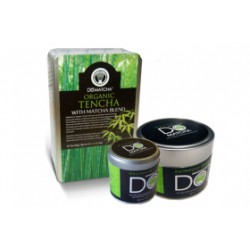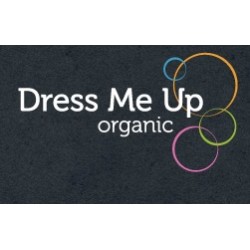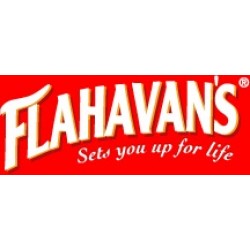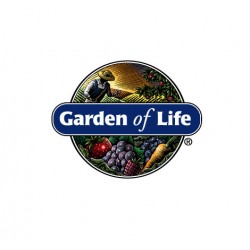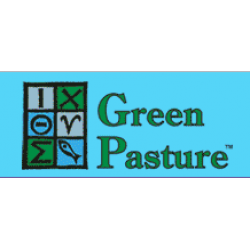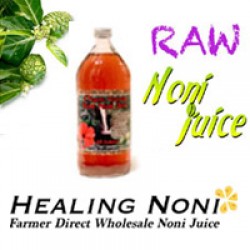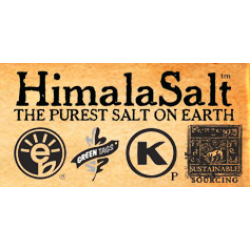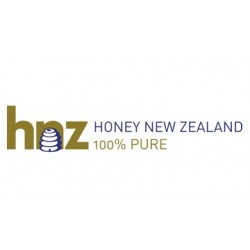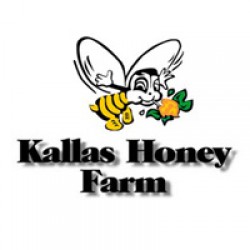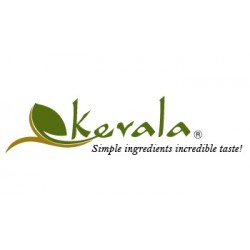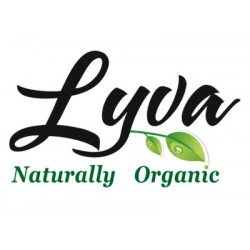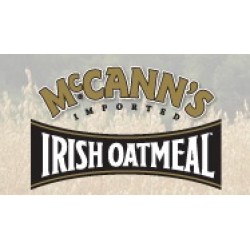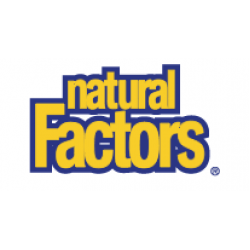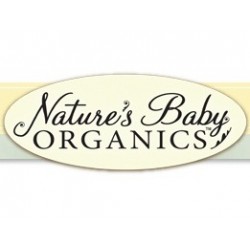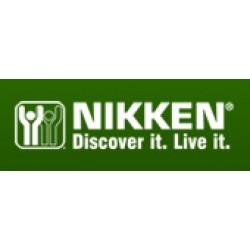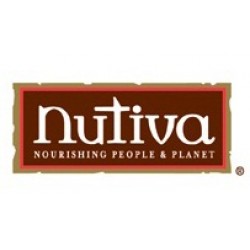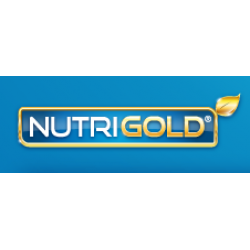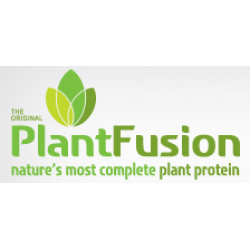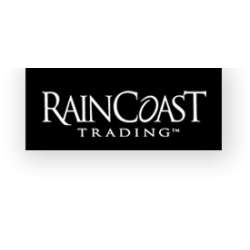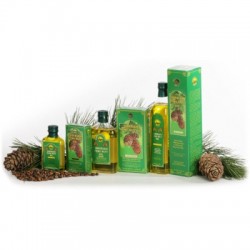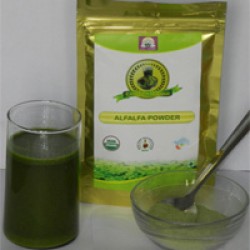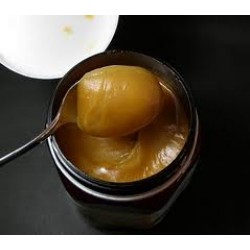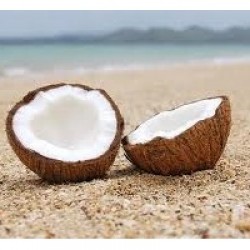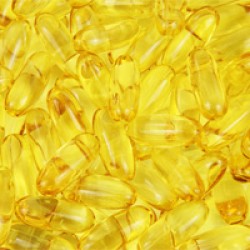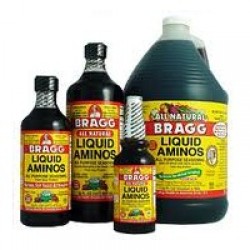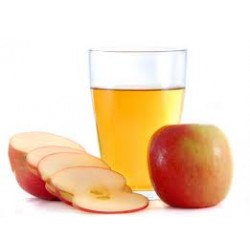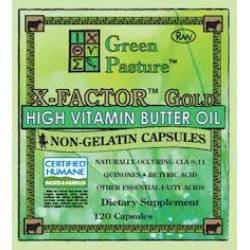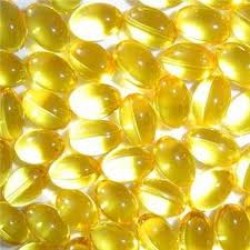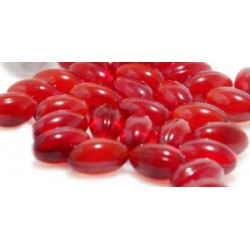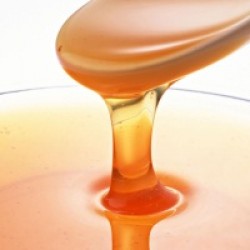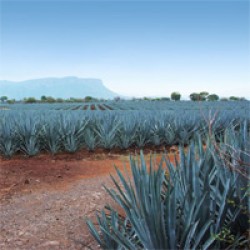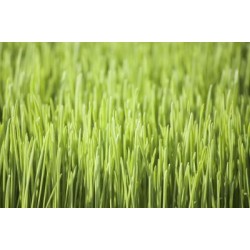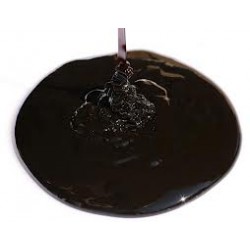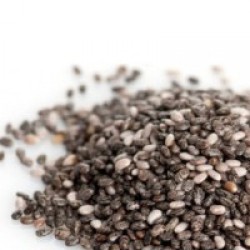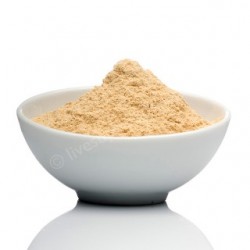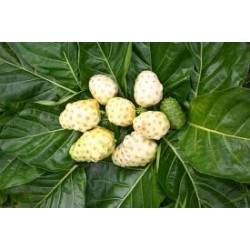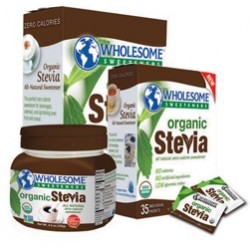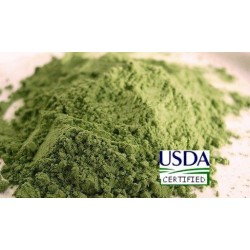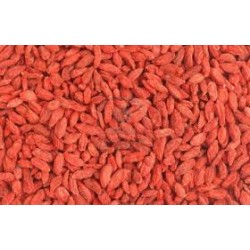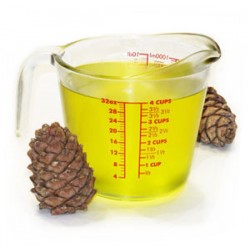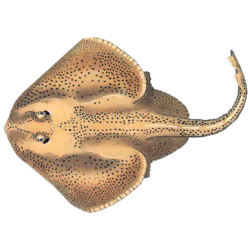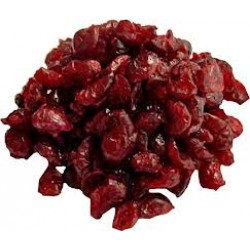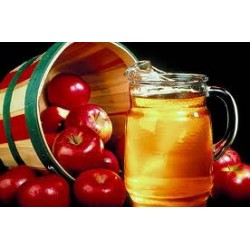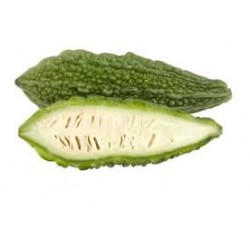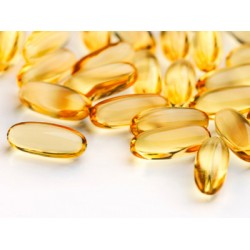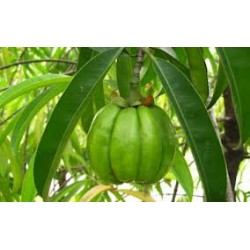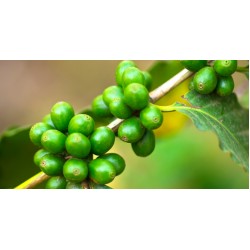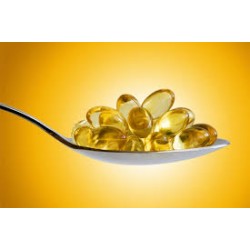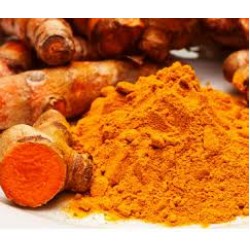New Zealand beekeepers are not allowed to use antibiotics for their beekeeping practice and there is a rule for maximum permissible levels of contaminants (including antibiotics) in bee products for export.
There has been a recent study conducted by Center for Science and Environment, India on most of honey brands being sold in Indian containing varying amount of antibiotics. The long consumption of these products could induce resistance to antibiotics, lead to blood-related disorders and injury to the liver. CSE further added that there are no standards for antibiotics in India, wherein the honey samples would have failed the standards set for export by the Export Inspection Council. Refer to this link for CSE Study
With this study, we believe that such brands which are not following bare minimum standards to keep the goods as per quality standards would get exposed and would follow some practises to bring things under control. We further explored the reasons of Manuka Honey to be an authentic pure honey without any contamination and inherent health benefits. The reasons we found were multifolds. It is stringent laws, Higher International food standards & strict compliance by the manufacturers.
The New Zealand Food Safety Authority’s (NZFSA) role is to protect consumers of New Zealand food and food-related products, no matter where in the world they may be. It is NZFSA’s role to ensure that food produced in New Zealand is safe, suitable and meets all requirements. NZFSA have created the Risk Management Programme (RMP) which is designed to identify, control, manage and eliminate or minimize hazards and risk factors so that the resulting animal product (including bee products) is fit for intended purposes, under part 2 of the New Zealand Animal Products Act.
The below mentioned link clearly mentions maximum permissible levels of contaminants in bee products for export.
New Zealand based premium Manuka Honey manufacturer, exporter and owner of HNZ brand highlighted about the methods and practices that are being used by New Zealand’s beekeepers and stringent govt. regulations resulting in a healthy product from the natures of New Zealand.
There is residue test programme conducted by New Zealand Food Safety Authority (NZFSA) regularly.
National Chemical Residue Programme
The National Chemical Residue Programme tests animal products (meat from animals, birds and salmon, as well as honey) for registered veterinary medicines and agricultural compounds, deregistered agricultural chemicals that are persistent environmental contaminants, banned or restricted substances and toxic agents (e.g., poisons used to control possums).
Regular nationwide tests from NZFSA, includes antibiotics in honey.
The chemical residue and contaminant status of New Zealand foods
To have strict compliance with the Indian standards Active Manuka Honey from New Zealand has already been tested as per prevention of food aulteration rules, 1955. The test report of the same can be seen here.
 This further is an initiative to bring confidence in HNZ Active Manuka Honey Brand that is a world renowned brand from quality and authentic Active Manuka Honey (UMF).
This further is an initiative to bring confidence in HNZ Active Manuka Honey Brand that is a world renowned brand from quality and authentic Active Manuka Honey (UMF).
We also suggest buyers of Active Manuka Honey in India, not to buy loose or non branded Manuka Honey. We at goIndiaOrganic team wish best of quality and health with HNZ Active Manuka Honey.
Contact us at [email protected] or call us at +91-9958599911 to know more about Manuka Honey or to buy Manuka Honey in India.
